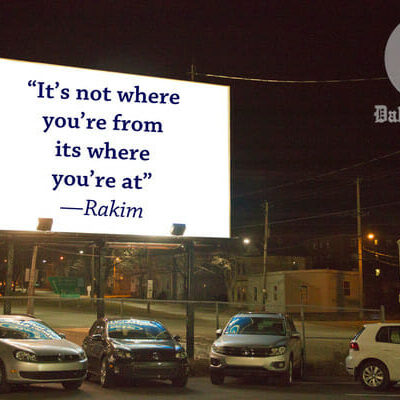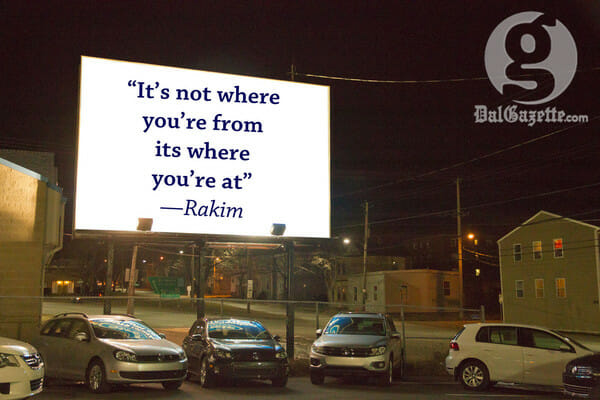
Soaring, sublime, Shantih
My Spiritual Moment. A loaded statement, surely. Centuries of philosophers debating the body and the soul, the material and the immaterial, the brain and the mind.
I must be separate from and outside of something greater, and for a moment become a spirit then be thrust back in my body. Yet, if to experience something spiritual is instead to transcend the body, to move beyond borders, how can it be mine?
I have not felt the touch of God. I have not seen the light. To be connected, to find everything in the mind reflected in the body, this I can say I have felt.
I felt it at 3500 feet. Not in a church, not on a yoga mat, not on a beach in Ireland, not in a forest at Walden Pond, but in a Comanche. In a five-seater plane with my hands on the yoke, hearing the ominous words “you have control,” with a pulse racing to empty a heart overfilled with blood. To my left the Pilot-in-Command, Al Bieck, awe-inspiring in his own right, to my right a wing, with a few thousand feet of air beneath it.
Ahead is freedom. I have control. I see no obstacles: no walls to contain, no streets to guide, no doors to shut out. I can see Toronto from Collingwood and the world gets smaller. My pulse slows. I am Jonathan Livingston Seagull, sailing, floating, and I am Coyote, watching, waiting. Not sly, but serene. I see the land that connects everything and everyone, and I am the air.
I am an I, and I am in two worlds at once. I exist, and yet I do not. There is no language here in this state, no words to describe the fear and the empowerment and the body’s response to both at once.
I tell Bieck he has control. Memories of flight plans and air-safety regulations return yet I do not lose the tingle. I have flown.
How can the mind and body interact? No matter. I was more, more than a body or a mind. I felt more. I flew.
Leah Shangrow, Opinions Contributor
—
Last March, Halifax experienced one glorious day—sent by some higher power, I’m sure—of summer weather. The streets were filthy because the snow had just melted, and Spring Garden smelled like the city’s toilet, but hey, it didn’t matter! Everyone was downtown or on the boardwalk, soaking up 28 degrees of pure relief. At least 86 per cent of all university students skipped class that day.
I was one of them. I had just weathered the shittiest few months of my life and was still trying to cope with the fallout. Time in the sun, I decided, would do me good. And, bonus, I could wear my new sundress. Wandering downtown with friends, I bought summer drinks on newly populated patios. We were quiet as we sipped, talking occasionally, my friend documenting the event with her new camera.
I got home later that night; the sun was sending out its last hurrahs before disappearing. Though it was a Tuesday (was it a Tuesday? I think it was a Tuesday) in the middle of finals, I was not in the mood for reading or homework. Instead I poured the last of my Disaronno into the last of my Coke and headed upstairs. Pushing a blanket and camping chair out the window of my bedroom I scrambled after them, never gracefully, onto the flat roof.
Wrapped up in a blanket, sun-weary and sipping my drink, I watched the Dartmouth smokestacks turn the sky orange as they caught on fire (again). Maybe I was just tired, maybe I had drank too much (I had). For the first time in months, I felt still.
My friend with the camera put her photos on facebook the next day. Clicking through them, I stopped when I saw myself laughing at something someone had said. I looked skinnier than I could ever remember being, and the bags under my eyes rivaled any raccoon. But this was clear evidence that I had not fallen apart—I was there, with my friends, intact.
Samantha Elmsley, Opinions Editor
—
Despite an old-fashioned Catholic upbringing, the blown-out candle smell of church doesn’t evoke memories of the fleeting sense of belonging to something bigger than me. Memories from childhood Sundays include eating Cheese Whiz on saltine crackers at my grandma’s after church and getting into trouble—there would come a point, near the end of service, where my dad would open his eyes (he kept his eyes closed during church), glance my way and give his head a sharp shake. I’d be giggling or singing too vigorously or fidgeting. These aren’t holy memories; I can explain those feelings: the first is hunger satisfied, the second is restlessness.
Memories of feelings I can’t explain trace the origin of my own personal spirituality, which is defined by the hazy forever horizons of oceans or prairies, and mountains whose peaks are hidden in the sky.
I used to search for views of the horizon. I’d climb to the highest point on my parent’s property, a knoll on dad’s Christmas tree field. The trees and ridges parted to reveal a view of the narrow valley in which stretched our neighbour’s hay fields. It was a short horizon but the broadest I knew at the time.
The hayfield horizon made the space in my chest expand. When I watch seagulls surf thermals I get the same feeling. When I was 11 I saw the Pacific Ocean horizon for the first time. I wrote a note to myself about China and motorcycle road trips. Recalling memories from that vacation is the same as praying; it’s the tenuous knowledge of the grandeur and possibility in the world.







